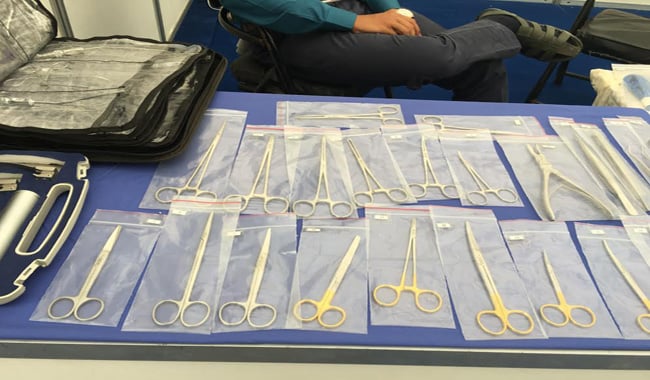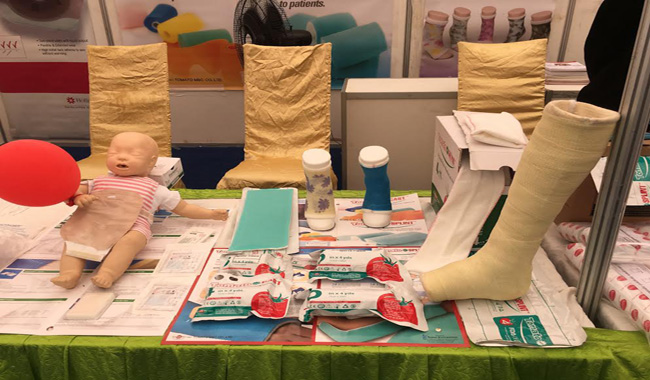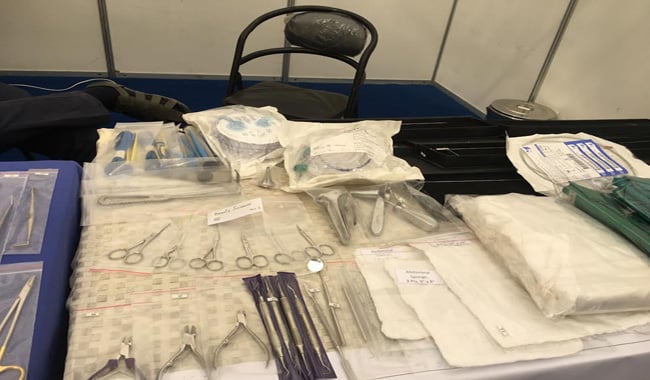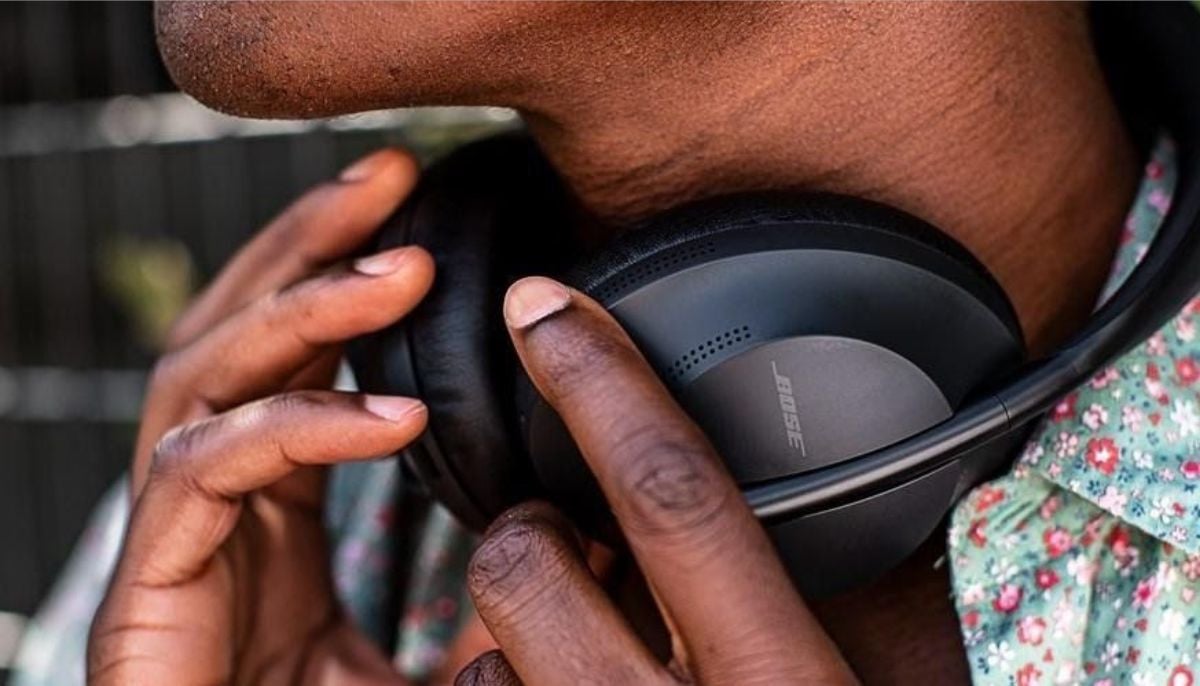Pakistan needs biotech medical healthcare machinery to diagnose disease on time
“Pakistan is one of the vibrant countries, especially in South Asia, having 99 per cent profitable drug producing industry. Out of them, 95 per cent are local generic manufacturers but these drugs are not good enough if you don't have good healthcare machinery to diagnose the disease on time. That's why the cost of any disease treatment are getting higher or increasing day by day,” these are the words said by Dr Salman Faridi, managing director of Liaquat National Hospital, while talking to media at the first-ever Bio Medical Health Exhibition in Karachi.
“The prime objective of this exhibition is to provide awareness to the people about the latest technology and enhancement in bio-medical world and equipment,” Dr Faridi added.

Anjum Rizvi, manager communications of the hospital said that it’s the first time in the history of any health institution in Karachi to gather more than 200 medical equipment suppliers and manufacturers to show their medical equipment, machinery, tools and products.
Dr Salman Faridi further said that Pakistan has all the potential to make a healthcare equipment like X-Rays machine, CT-Scan, ECG-machines, pacemaker, insulin-pumps, stunt, operation theatre and other fundamental health equipment but they cannot help the poor patient in our country due to lack of government and private investors.
Sindh Government additional director health service, Dr Nadeem Shiekh, said that there are more than 5000 small and Big healthcare facilities in Karachi which is the economic hub of Pakistan. These include 16 major territory care hospitals which are on the streets of Karachi but many of them does not have satisfactory or up to the mark medical equipment.
Public Health and Procurement wing of Government of Sindh Health Department was the prime responsible to examine the health machinery and give them clearance certificate but both wings are non functional for the last five years due to political reasons, Dr Shiekh added.

Dr Qaiser Sajad, a senior member of Pakistan Medical Association in Karachi said that the prime responsibility for checking the machinery in hospitals is on Health Department of Government whether it is federal or provincial but both failed to deliver that's why poor people does not get proper treatment and diagnosis on time.
In September 2016, more than 20 people died during their dialysis treatment in Larakana, the third biggest city of Sindh province. When the Health Committee, formed by Minister of Health Dr Sikander Mehndro, investigated and found that all dialysis machines were outdated and unclean due to which blood circulated in the machine turns toxic and caused deaths.

Senior scientist and health expert Dr Khawar Rizvi said that due to non-functioning of examine body from any level of Government side or any other independent organization in the country malpractices are also increased as well, in purchasing of healthcare machinery Over invoicing ,Substandard Quality product ,no comparative Bidding process and Transparency are often seen as well.
Sindh health minister Dr Sikander Mehndro claimed that in every tender of purchasing medical healthcare machinery, all the rules of Sindh Public Procurement Regulatory Authority (SPPRA ) are followed and we ensure the transparency in every corner as well.
Dr Farooq Ghani, service line chief, clinical laboratories at the Aga Khan University Hospital said that clinical laboratory testing is an essential part of a quality healthcare service. “Since most of the decisions regarding a patient’s diagnosis and treatment are usually based on laboratory test results, for patients, this means timely and more accurate diagnosis.”

Health experts across the country urged the Government to form an independent regulatory body to check the existing medical installations at all the health care institutions in the country and put ban on ill-equipped and non-functioning machinery and also make a legislation for importing health care machinery and mandatory inspection to save the life of a common man.
-
Angelina Jolie and Brad Pitt mental health struggle amid divorce
-
Peter Dinklage shares achondroplasia struggle: 'My whole life I've had stares'
-
Celine Dion’s private battle with Stiff Person Syndrome
-
5 famous names who have spoken up about their anxiety
-
Janet Jackson on how vertigo left her unable 'to perform'
-
Kelly Osbourne talks about weight loss struggles
-
Ben Affleck’s migraine struggle post Jennifer Lopez split
-
4 popular celebrities who suffer from chronic fatigue











